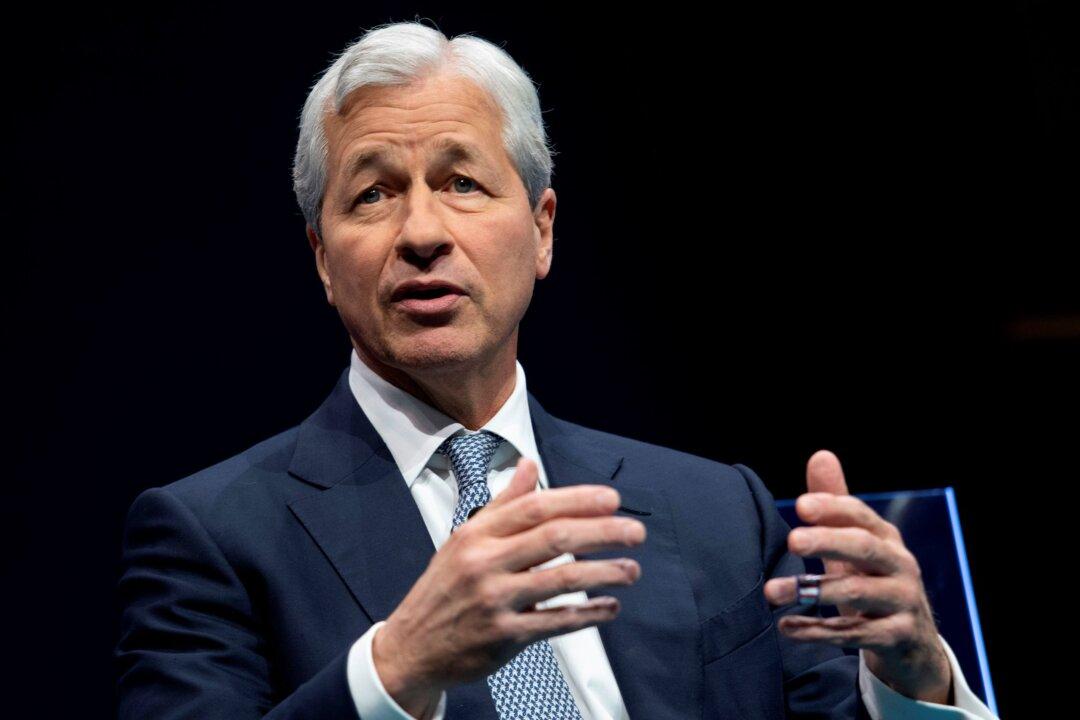JP Morgan CEO Jamie Dimon said in an interview at a June 1 conference that his push toward “stakeholder capitalism” was being misconstrued as being “woke” and that he remained “a red-blooded free-market capitalist.”
“I’m not woke. And I think people are mistaking the stakeholder capitalism thing for being woke,” Dimon told a conference organized by Autonomous Research, according to Financial Times. “All we’re saying is when we wake up in the morning, what we give a [expletive] about is serving customers, earning their respect, earning their repeat business.”





